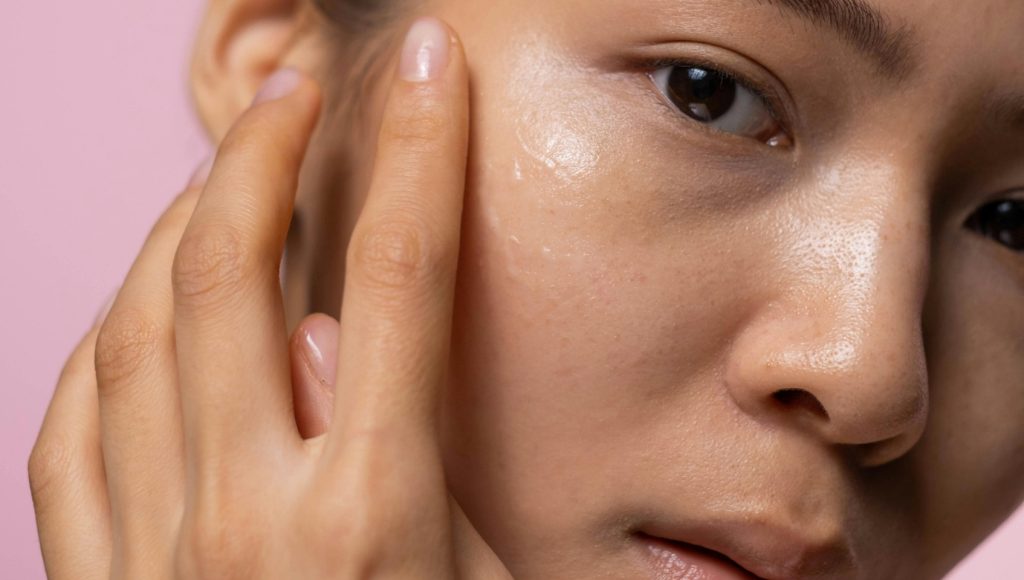Evidence-based treatments for all types of psoriasis
Psoriasis is a chronic inflammatory skin condition that causes red, scaly plaques on the skin. It can appear at any age and often varies in severity over time. While it’s not contagious, it can significantly impact physical comfort, confidence, and overall quality of life.
This hub brings together information about psoriasis types, common triggers, treatment options, and frequently asked questions. Dermatologists who consult at Northside Dermatology offer individualised care plans based on clinical presentation, lifestyle factors, and treatment goals.
Whether you’re newly diagnosed or seeking better control, this is your starting point for understanding and managing psoriasis.










